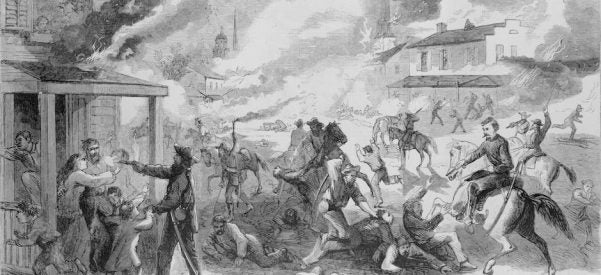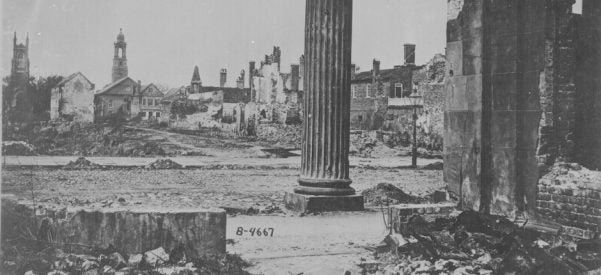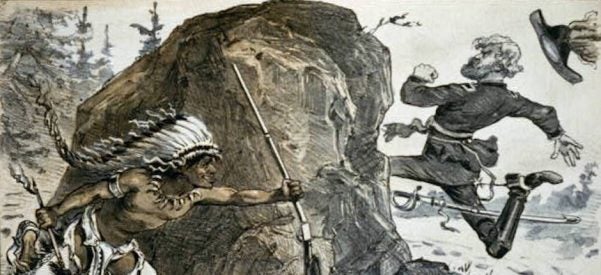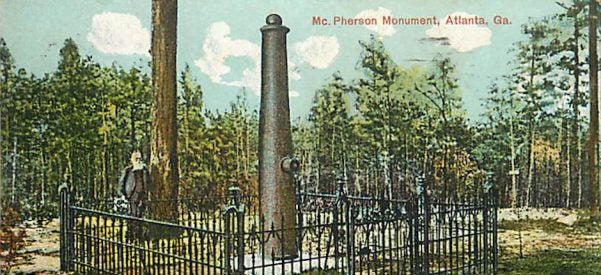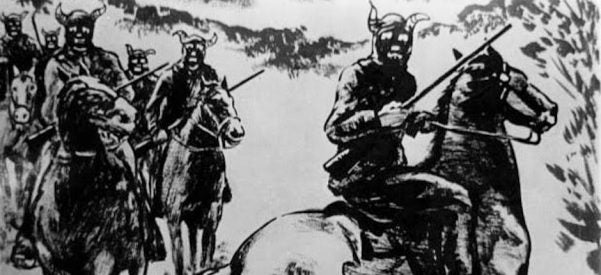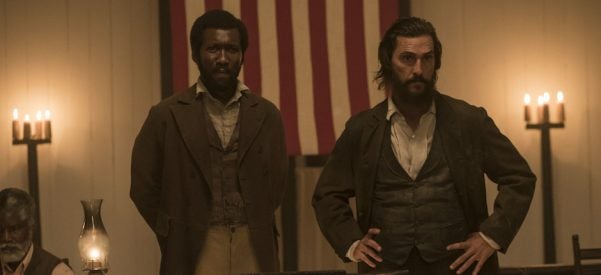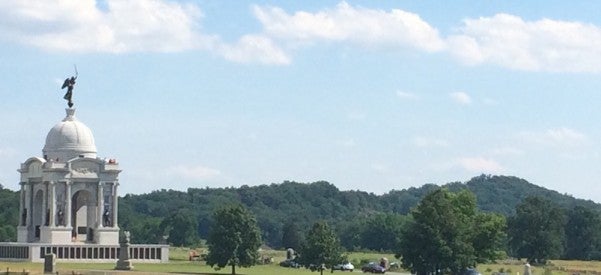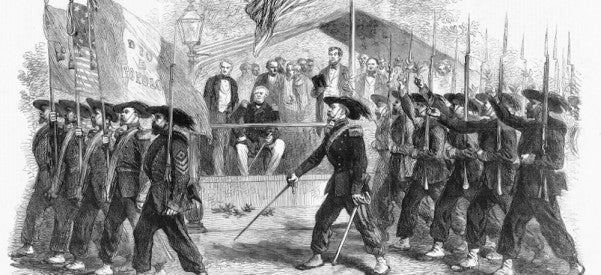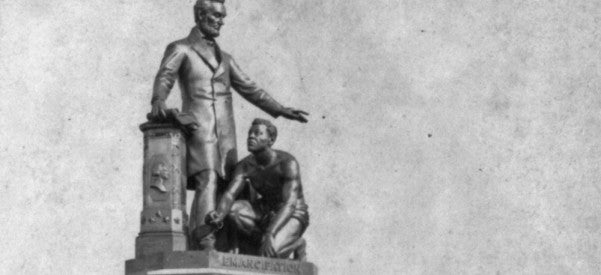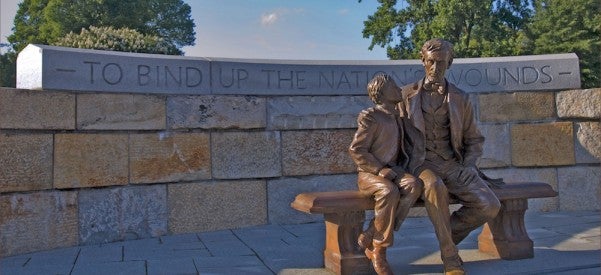The Bostonian Who Armed the Anti-Slavery Settlers in “Bleeding Kansas”
Amos Lawrence Backed Abolitionist Pioneers in the Town That Bears His Name
On May 24, 1854, Anthony Burns, a young African-American man, was captured on his way home from work. He had escaped from slavery in Virginia and had made his way to Boston, where he was employed in a men’s clothing store. His owner tracked him down and had him arrested. Under the Fugitive Slave Act of 1850 and the United States Constitution, Burns had no rights whatsoever.
To the people of Boston, his capture was an outrage. Seven thousand citizens …


